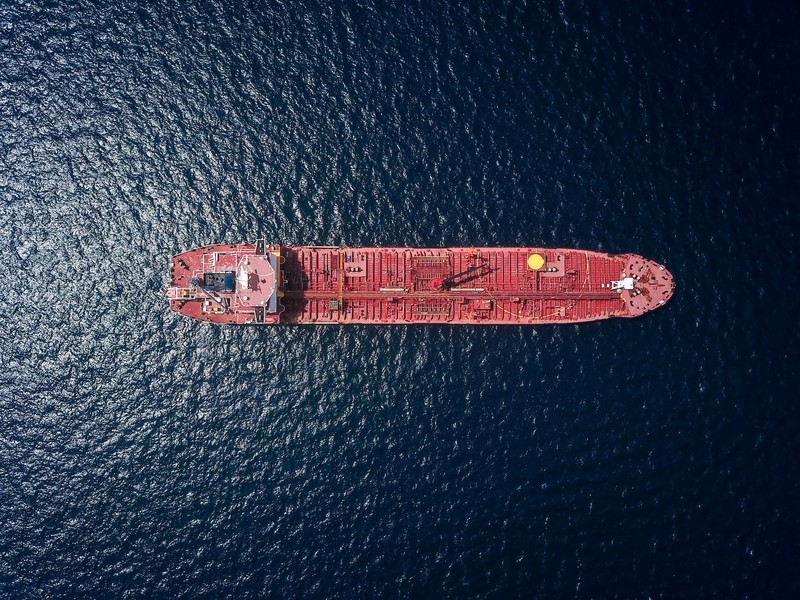Western efforts to starve Russia of its oil revenue kick into a new gear today with a double-pronged attack on its energy exports.
Driving the news: A European ban on the seaborne import of Russian oil came into effect today, along with a G7-imposed price cap meant to stop other countries from buying Russian oil at high prices.
- The price cap sets a ceiling price of $60 per barrel on Russian oil and blocks any buyer who pays more than that from accessing critical shipping services, which are mostly based in Europe.
- By capping the price of oil without restricting it entirely, Western policymakers hope to cut into Russia’s export revenue from countries like China and India without creating global energy shortages.
Why it matters: The new policies could cause a dramatic shakeup in global oil markets and add even more volatility to an already chaotic energy situation.
- Russian officials said yesterday they would not sell oil that’s price-capped even if it means cutting production, which could tighten global energy supplies.
- But that will likely mean selling more oil to China and India, who already enjoy a steep discount, which could dent Russia’s revenue.
- Meanwhile, OPEC+ is adopting a wait-and-see approach, announcing yesterday that it would stick with planned production cuts.
Zoom out: The oil ban and price cap come on the heels of a steep drop in energy prices driven by fears of a global economic downturn which would likely inflict more damage on Russia’s energy sector than Western sanctions could.
